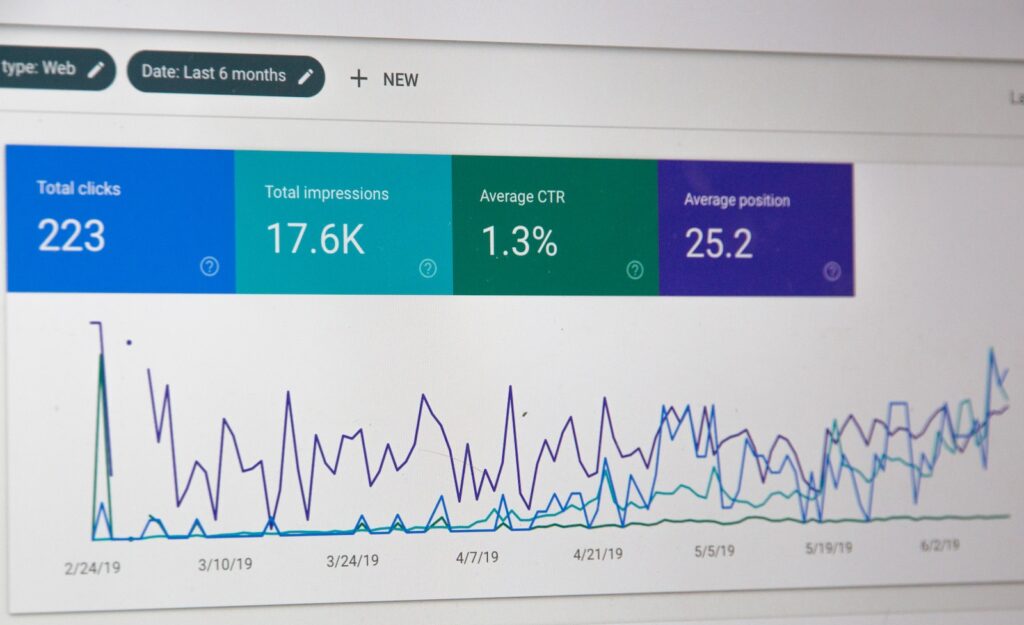The Risks of Earning Passive Income. With the rising popularity of passive income, there is an increasing appetite for exploring various means to generate sustainable wealth. However, as enticing as it may sound, it’s crucial to examine the potential risks before diving headfirst into the world of passive income.
In this comprehensive guide, we will explore the risks associated with earning passive income and how you can safeguard your financial future. So, if you are curious about the best forms of passive income or interested in learning how to increase your passive income, keep reading.
Understanding Passive Income
Passive income refers to earnings derived from ventures or investments in which an individual is not actively involved on a daily basis. This form of income can provide financial stability and a degree of freedom as it continues to flow even when you are not actively working.
People are easily attracted to passive income due to several reasons: the potential to earn money while you sleep, the possibility of escaping the 9-to-5 grind, and the idea of building a continuous stream of revenue. However, it is essential to understand both the advantages and the risks involved to make informed decisions about your financial future.
The Risks of Relying Solely on Passive Income
While passive income has its allure, relying solely on it can come with its own set of risks. Let’s explore some of the most common ones:
Lack of Guaranteed Income
Unlike a regular job where a paycheck is received on a set schedule, passive income offers no guarantees. Depending solely on passive income sources can lead to uncertainty and financial instability, especially during economic downturns or when investments fail to perform as expected.
Volatility of Investment Markets
Many sources of passive income, such as stocks, real estate, or business investments, are subject to market fluctuations. Changes in the stock market or real estate market can significantly affect the profitability of your investments. Economic uncertainties, recessions, or market crashes can put your passive income streams at risk.
Changing Market Trends and Technological Advancements
In today’s fast-paced and ever-evolving world, market trends and technologies can quickly render certain passive income sources obsolete. Overdependence on a single income stream without considering the potential impact of future market and technological changes can lead to significant financial setbacks.
Economic and Political Instability
Factors like political instability, government policies, and global economic fluctuations can significantly impact passive income sources. Changes in tax laws or regulations can affect the profitability and viability of your investments. It is crucial to stay informed and adapt to changing economic and political landscapes to safeguard your passive income.
How to Safeguard Your Passive Income
While the risks associated with passive income can be daunting, there are steps you can take to protect your financial well-being. Consider the following strategies to safeguard your passive income:
Diversifying Income Streams
Relying on a single passive income source can be risky. Diversifying your income streams across different assets or investments can help mitigate the impact of any single income source failing. Consider diversifying your portfolio by investing in multiple avenues such as stocks, real estate, bonds, or royalties.
Creating an Emergency Fund
Maintaining an emergency fund is crucial, regardless of your income sources. This fund serves as a safety net during times of unexpected financial emergencies, providing you with a buffer when your passive income might be affected. Aim to save at least three to six months’ worth of living expenses to ensure you’re prepared for any unforeseen circumstances.
Staying Updated with Industry Trends
Stay informed about market trends, technological advancements, and changes in regulations or policies that might impact your passive income streams. Subscribe to industry publications, follow relevant blogs or podcasts, and engage with professionals in your field to ensure you remain aware of any potential risks or opportunities.
Seeking Expert Advice and Professional Guidance
Consider consulting with financial advisors, accountants, or legal professionals who specialize in passive income strategies. Their expertise can help you navigate potential risks, identify suitable investments, and optimize your passive income streams to achieve long-term financial success.
Increasing Passive Income: Strategies and Cautionary Measures
While earning passive income has inherent risks, you can take specific actions to maximize your earning potential and minimize potential setbacks. Follow these strategies and cautionary measures to increase your passive income:
Strategies to Boost Passive Income
- Continuously Educate Yourself: Invest in expanding your knowledge and skills related to the field of passive income. Stay updated with the latest investment strategies, market trends, and emerging opportunities. By being well-informed, you can make better investment decisions and optimize your passive income potential.
- Leverage Technology and Automation: Embrace automation tools and technology to streamline your passive income ventures. Explore platforms and systems that can help you automate processes, reduce manual efforts, and scale your income streams effectively.
- Optimize Existing Income Streams: Regularly assess and optimize your current passive income sources. Look for ways to enhance profitability, reduce costs, or identify unt potential within your existing investments. This might involve conducting thorough market research, reassessing pricing strategies, or exploring partnerships to expand your reach.
- Create Passive Income Through Digital Assets: Explore opportunities to generate passive income through digital assets, such as online courses, eBooks, or software applications. These assets require initial effort to create, but once they are established, they can generate revenue with minimal ongoing effort.
Evaluating Risks and Rewards
When considering new passive income opportunities, always evaluate the potential risks and rewards involved. Conduct thorough research, assess market conditions, and consult with experts before making any investment decisions. Avoid jumping into unfamiliar ventures without understanding the associated risks and, if necessary, seek professional advice to ensure you are making informed choices.
Importance of Thorough Market Research
Before committing to any passive income endeavor, conduct thorough market research. Analyze market trends, competition, and demand for your chosen income stream. Understanding the market dynamics will help you identify potential risks, determine profitability, and make informed investment decisions.
The Role of Continuous Learning and Adaptability
In the world of passive income, continuous learning and adaptability are key. Keep up with changing industry trends, consumer demands, and technological advancements. Be willing to adapt your strategies, explore new markets, or pivot your income streams when necessary. Staying ahead of the curve will ensure your passive income remains resilient and profitable.
Exploring the Passive Income of the Rich and Millionaires
To gain valuable insights into passive income strategies, let’s explore the passive income ventures of the rich and millionaires. While each individual’s success story might differ, there are valuable lessons to learn from their experiences. Here are some examples:
- Real Estate Investments: Many wealthy individuals build substantial passive income through real estate investments, including rental properties, commercial spaces, or real estate investment trusts (REITs).
- Dividend Stocks: Investing in stocks that regularly pay dividends can provide a consistent passive income stream. Wealthy individuals often diversify their portfolios with dividend stocks from reputable companies.
- Royalties and Licensing: Passive income can be generated by licensing intellectual property rights, such as patents, trademarks, or copyrights. Royalties earned from books, music, or software are examples of such income streams.
- Business Ownership: Owning successful businesses that operate with minimal personal involvement is another way the wealthy generate passive income. Franchises or businesses with reliable management teams can yield significant returns.
By studying the passive income strategies of the rich and millionaires, you can gain valuable insights and adapt their principles to suit your financial goals.
Conclusion
Passive income offers a compelling pathway to financial independence and freedom. However, it is crucial to understand and manage the risks associated with earning passive income effectively. By diversifying income streams, creating an emergency fund, staying informed about market trends, and seeking expert guidance, you can safeguard your financial future.
Remember to evaluate risks and rewards diligently, conduct thorough market research, and embrace continuous learning and adaptability. By adopting smart strategies, you can build a robust passive income portfolio and protect your financial stability in the long run.
Start taking charge of your financial future today and explore the possibilities of passive income. Take the first step on your journey to financial independence by diversifying your income and implementing the strategies discussed in this guide. Your future self will thank you.
Are you inspired to explore passive income opportunities? Share your thoughts and experiences below or reach out to us for expert advice tailored to your unique needs.





